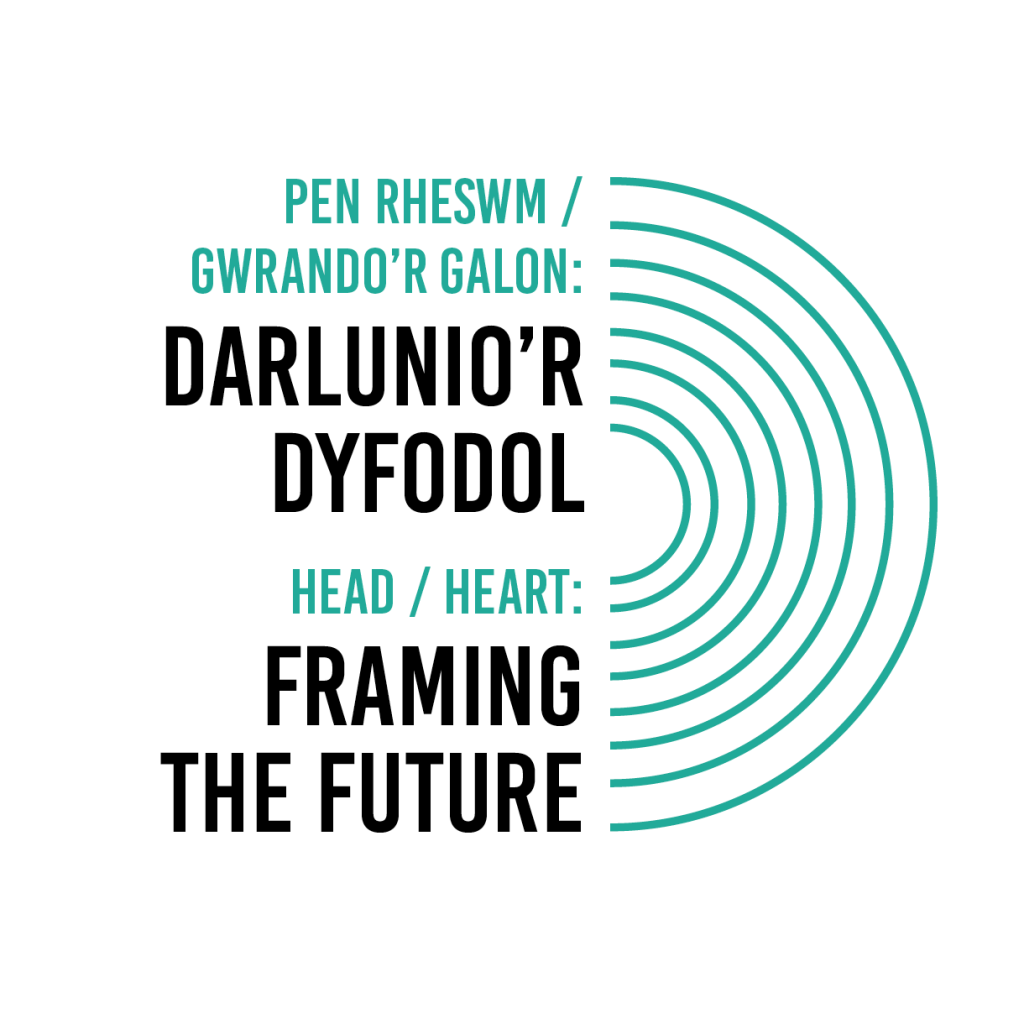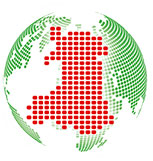In the context of debates about constitutional futures, this project uses photography to understand how people think and feel about independence in Wales, Scotland and Catalonia.
For these nations, becoming independent would mean leaving the state which they are currently a part of (the UK and Spain) and becoming a state in their own right.
Previous academic work that has studied people’s attitudes towards independence has focused on trying to understand why people decide to support or oppose independence. This work draws on survey data; people are typically asked either how they would vote if a referendum on independence were to be held, or about individual preferences when offered a list of different constitutional options (for instance, whether they would prefer their region to have less, the same, or more powers than it currently has, or for it to be an independent state).
These studies have focused on how people’s characteristics (such as age, gender and social class) or their attitudes (how they define their identity) or which political parties they support, shape their views about independence. Such work leads to conclusions about what type of characteristics make people more likely to support or oppose independence. However, there is disagreement about the factors that drive popular support for independence. For instance, different studies claim different effects of national identity, economic prospects, or speaking a regional language. These analyses also don’t explain to what extent, and how, the day-to-day lives of citizens affect how they experience and make sense of independence.
This project takes a different approach. It tries to go beyond thinking about independence in terms of whether people would support or oppose it in a referendum, by exploring people’s thoughts and feelings about this topic. What matters to people when they think about independence? What aspects of their daily lives and life experiences influence what they think about how their country is governed in the future?
In order to try to develop alternative discussions on the topic and to better understand people’s thoughts and influences on their thinking about this issue, the project uses photography to start conversations about independence. We have collaborated with photography clubs, students on photography courses, and people with an interest in photography, in Scotland, Catalonia and Wales.
Participants were asked to take photos capturing the way in which they think and feel about independence. Participants then came together in a group to share their pictures and explain why they took those pictures, what they wanted to express and capture. Finally, we invited participants to take part in in-depth individual interviews to further explore the thoughts and life experiences informing the images.
The photographs in this exhibition were taken by participants across different locations in Wales, Scotland and Catalonia.
The project is non-partisan and does not promote a particular position on independence. It is funded by the Economic and Social Research Council, as part of the ESRC/WISERD Civil Society Research Centre.
The Aberystwyth University researchers leading this project are: Anwen Elias, Elin Royles, Núria Franco-Guillén and Rhys Jones.


